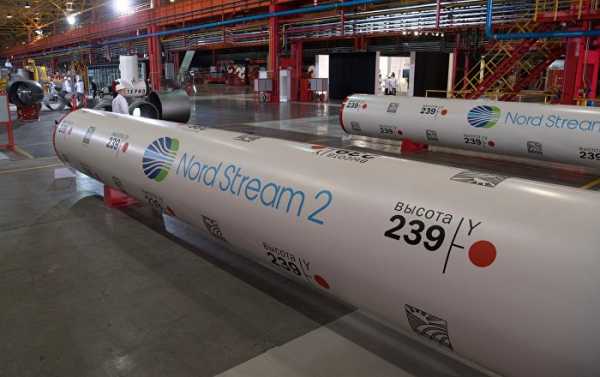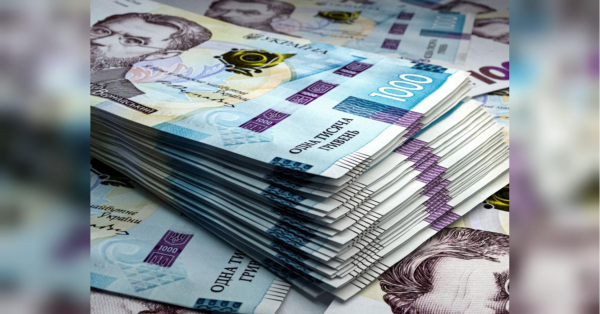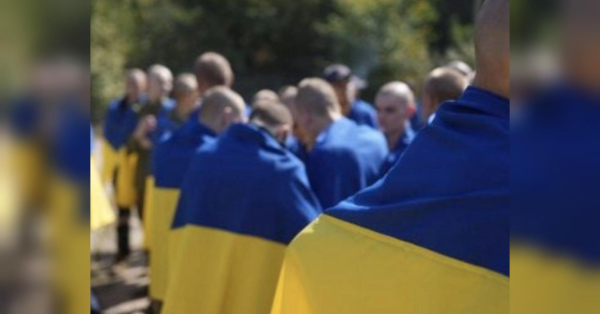
Poland has little if any chance to replace Russia’s Nord Stream 2 with the Baltic Pipe project, as Brussels’ interest in the Polish-Danish initiative has faded, while Berlin is backing the Russo-German pipeline, RIA Novosti contributor Igor Naumov notes.
While Warsaw is seeking to drive out Russia from the Central and Eastern European energy market by building the Baltic Pipe, the project has not attracted much interest from European member states, RIA Novosti contributor Igor Naumov writes.
“The Baltic Pipe is a strategic infrastructure project, with the goal of creating a new gas supply corridor on the European market. For the first time, it will be possible to transport gas from fields in Norway to the Danish and Polish markets, as well as to customers in neighboring countries,” the official website of Poland’s GAZ-System, one of the project’s main contractors, reads.
In June 2017, Warsaw and Copenhagen signed a memorandum on joint implementation of the Baltic Pipe to supply European consumers with natural gas at an affordable price and “significantly improve energy security.”
Warsaw insists that its pipe could become an alternative to Russia’s Nord Stream 2.
Naumov noted that the Polish pipeline is expected to be put into operation in 2022, when Warsaw’s contract with Russia’s Gazprom expires: Poland is intent to replace Russian energy supplies with Norwegian pipeline gas and American liquefied natural gas (LNG).
“The project’s cost is about 1.7 billion euros,” the journalist noted. “GAZ-System is ready to bear more than half of the cost; the European Commission promised to allocate 400 million euros. However, Brussels has suddenly cooled on the project.”
Maria Belova, Vygon Consulting research director, told RIA Novosti that the EU has recently decreased its investment in the Polish-Danish initiative more than tenfold — to just 33 million euros.
According to the journalist, the logic of the European Commission’s move is simple and could be explained by the lack of demand for the project.
“[The Baltic Pipe’s] capacity amounts to 10 billion cubic meters per year,” Naumov explained. “Meanwhile, the pipe is filled only by a fifth: the Polish state-owned company PGNiG, fulfilling the order of the government, has reserved a little over two billion cubic meters to be pumped through the pipeline annually. As of yet there are no customers among foreign companies.”
For several years, Warsaw and Copenhagen have mulled over the project. Initially they planned to connect the Baltic Pipe to Norway’s Skanled which was due to bring Norwegian natural gas to Sweden, Denmark and Poland. However, the project was suspended in 2009.
Naumov underscored that Nord Stream 2 may put an end to Poland’s ambitious project, as Denmark is likely to get Russian hydrocarbons via Germany once the pipeline is built.
Apparently, therefore, Warsaw is up in arms about Nord Stream 2, the journalist suggested.
During the latest meeting between German Chancellor Angela Merkel and Polish Prime Minister Mateusz Morawiecki, the latter claimed that Nord Stream 2 could increase Europe’s dependence on Russian hydrocarbons.
However, Merkel responded that Berlin sees the pipeline as “an economic project” in the first place, and remarked “Nord Stream poses no danger to diversification,” according to Deutsche Welle.
Earlier, on January 29, Morawiecki called upon the United States to impose sanctions on the Russo-German pipeline.
“We want the construction of the Nord Stream 2 pipeline to fall under the US sanctions bill…which includes, among others, sanctions against Russia,” Morawiecki told the newspaper Dziennik Gazeta Prawna (DGP), as quoted by Reuters.
It appears that Morawiecki’s concerns have nothing to do with Europe’s energy security but are based on purely vested interests, Naumov surmised, adding that the Baltic Pipe project risks remaining on paper, as EU energy companies are likely to lose interest in it.
As Russian Foreign Minister Sergei Lavrov stated Saturday on the sidelines of the Munich Security Conference, Nord Stream 2’s economic and commercial advantage is obvious.
“Those trying to torpedo [Nord Stream 2] should be reminded that the length of the route from Yamal [Russia] to Germany is two thousand kilometers shorter than the current pipeline, which goes to Germany via Ukraine,” Lavrov said, adding that “the transit costs are also close to half that of the current costs.”
Nord Stream 2 is a joint project run by Russia’s Gazprom with France’s Engie, Austria’s OMV AG, Anglo-Dutch Royal Dutch Shell, and Germany’s Uniper and Wintershall. The project aims to deliver 55 billion cubic meters of Russian gas annually to the European Union, through a pipeline across the Baltic Sea to Germany.
Sourse: sputniknews.com






